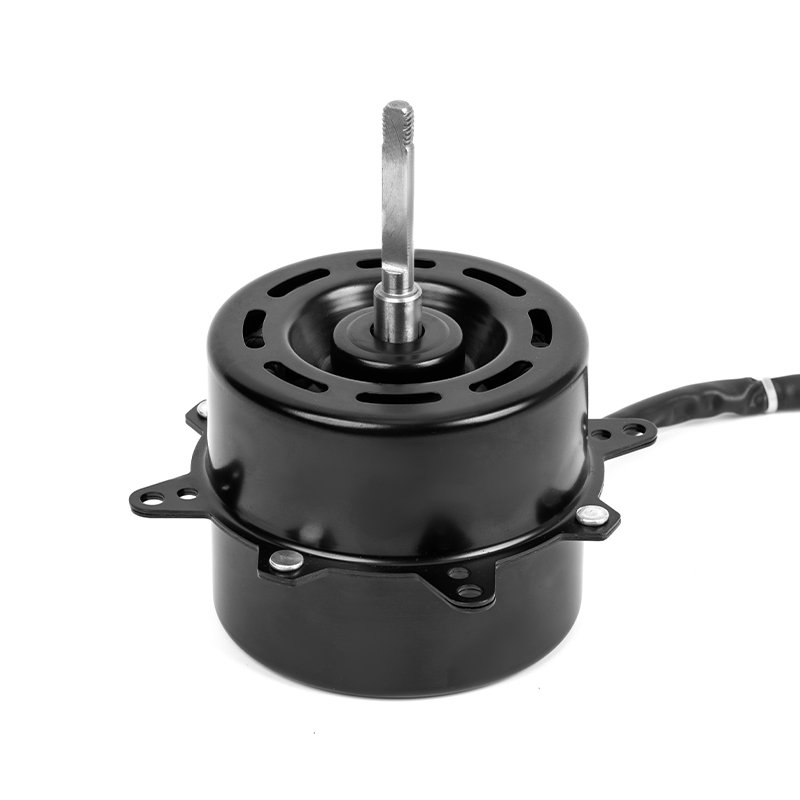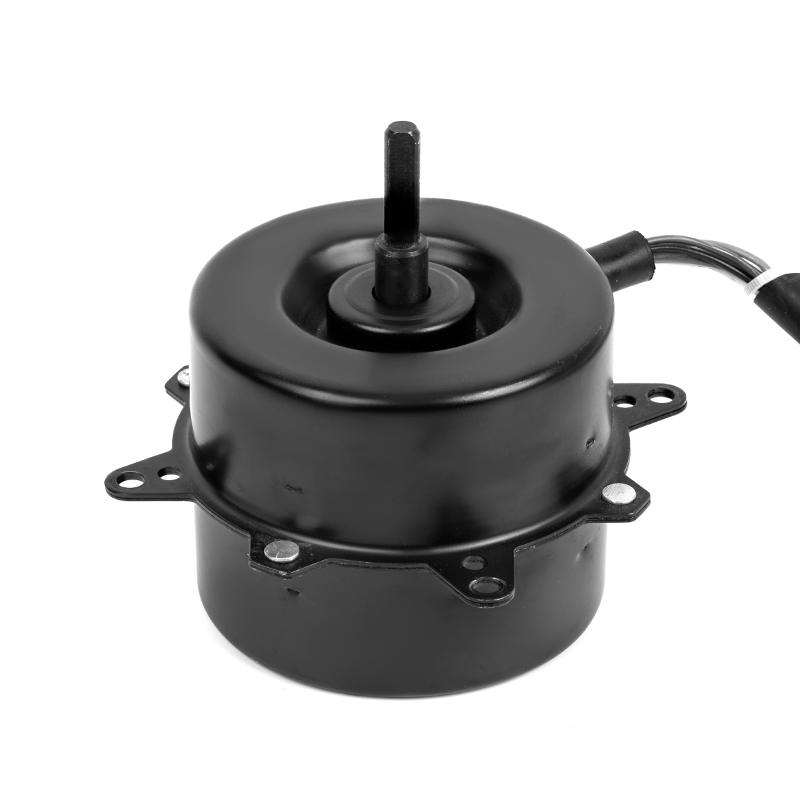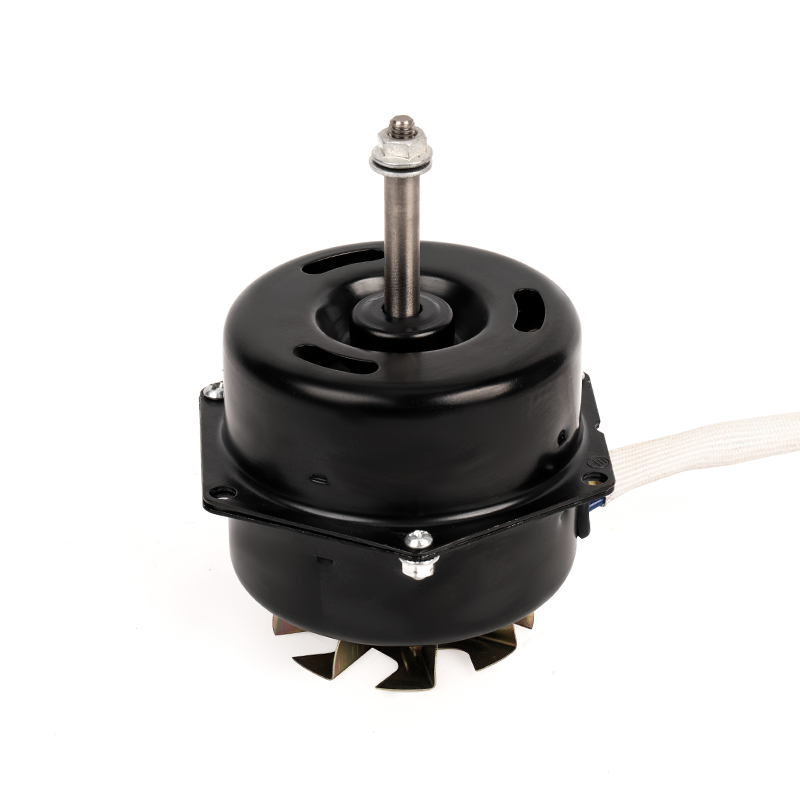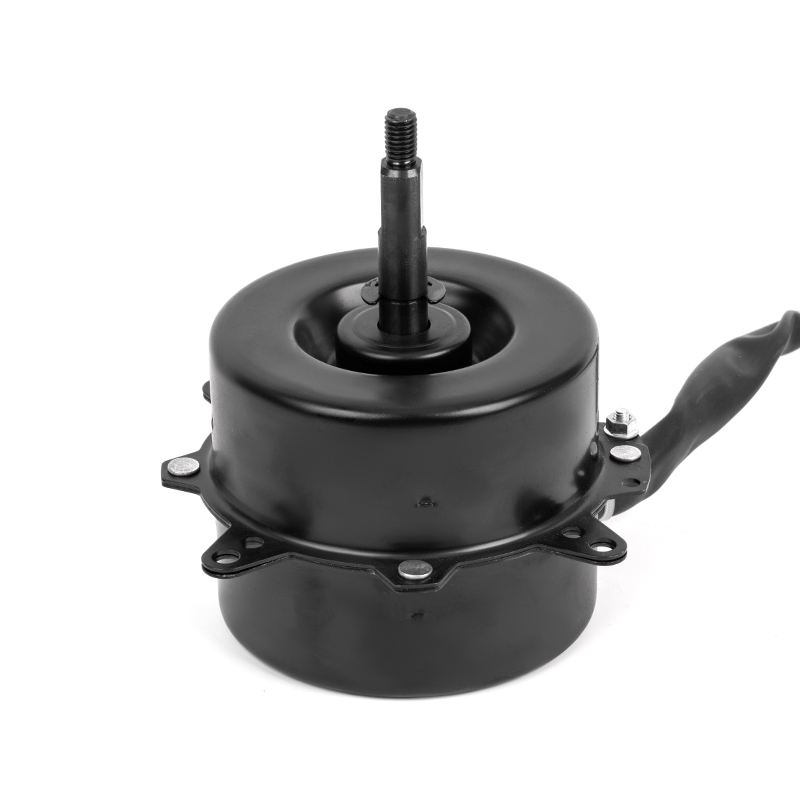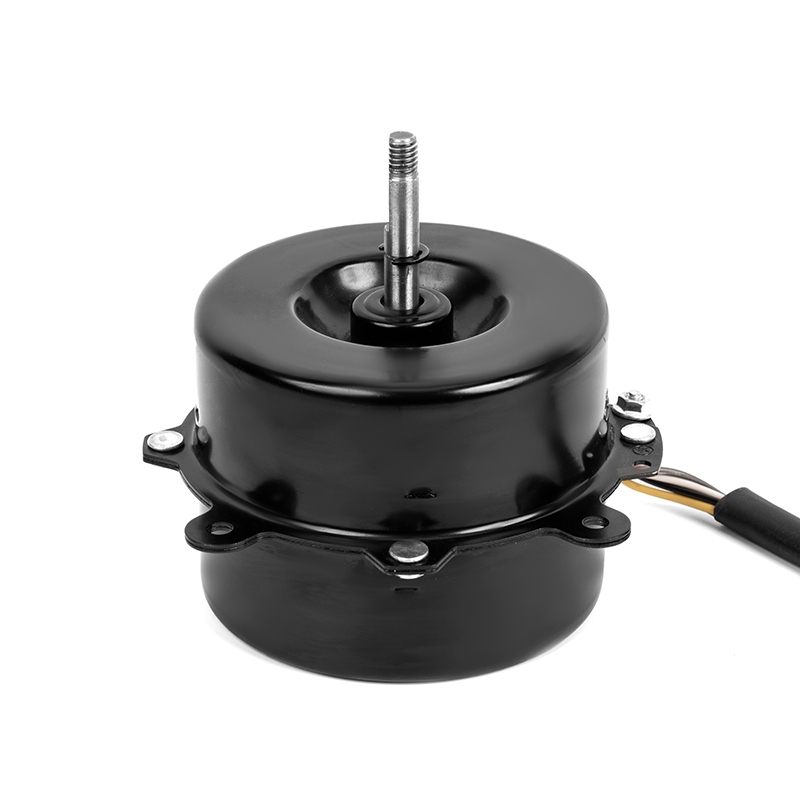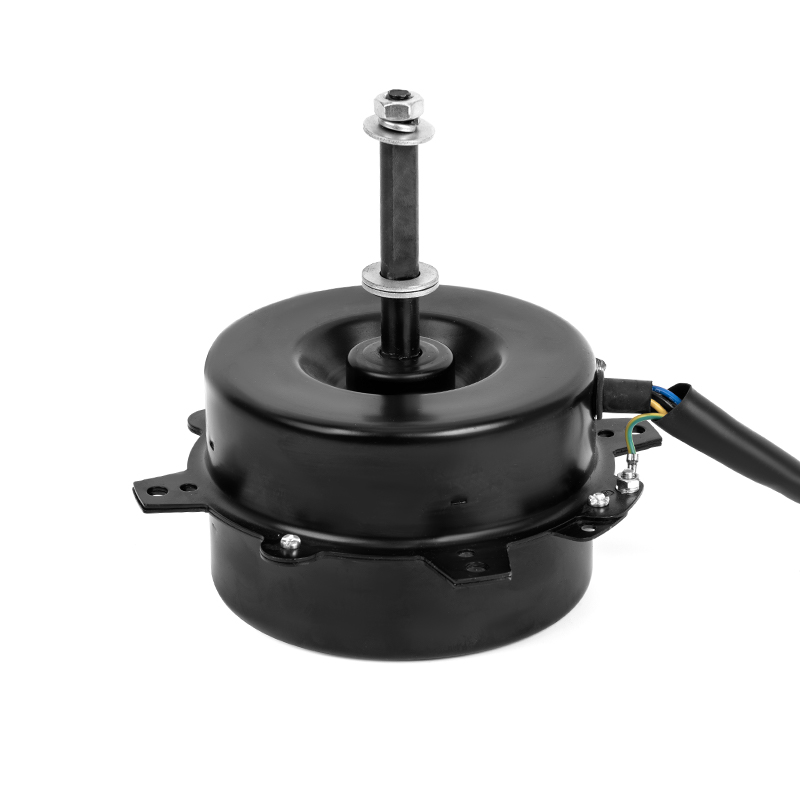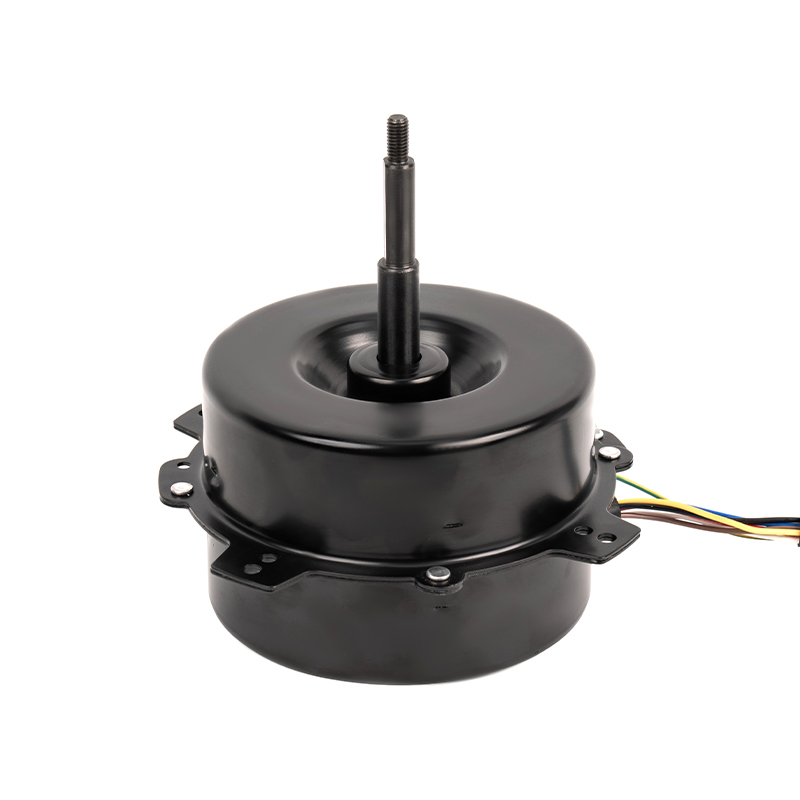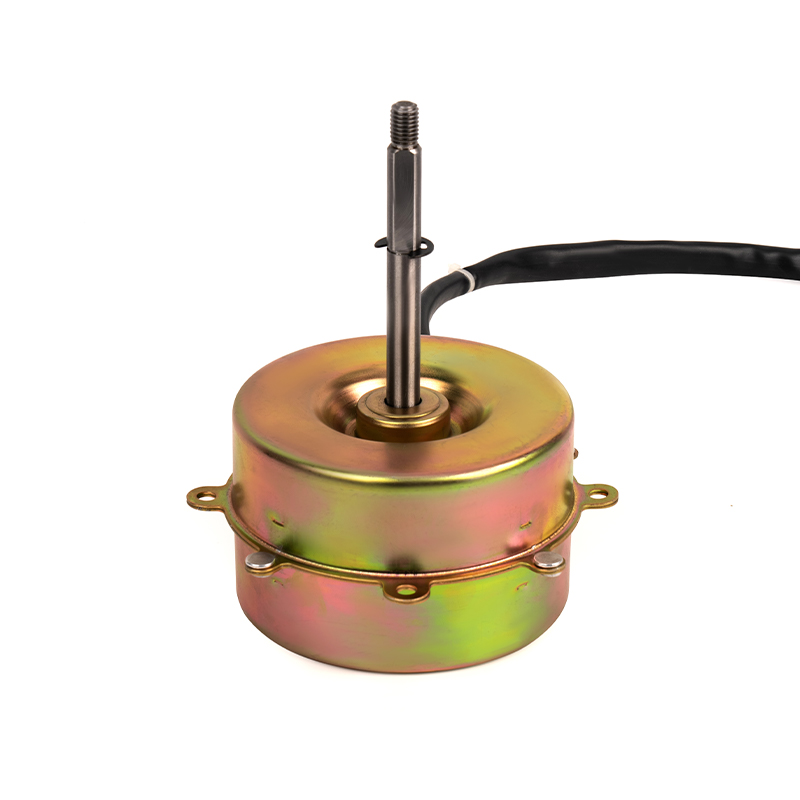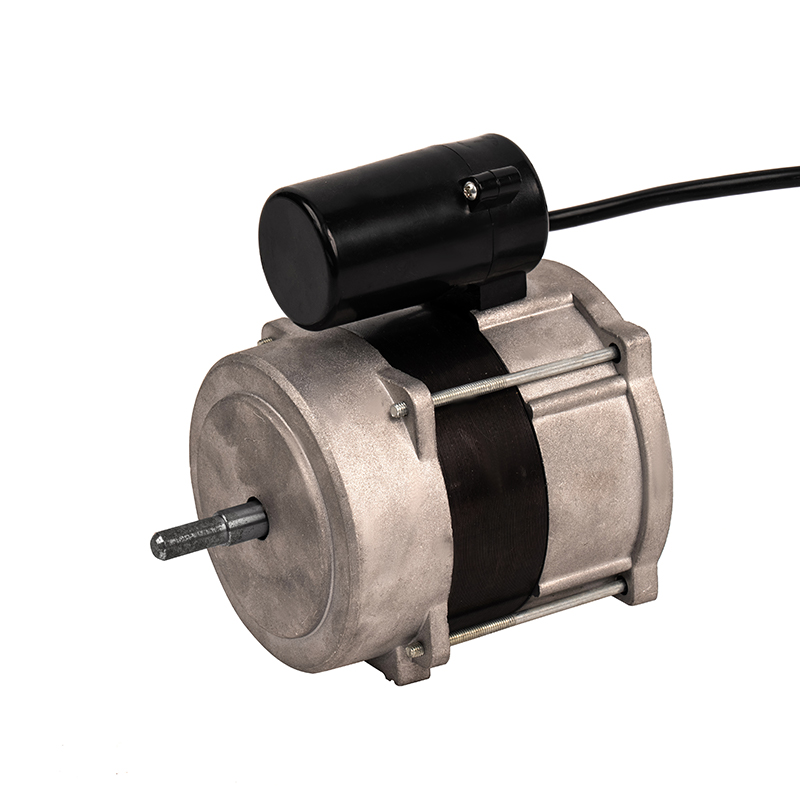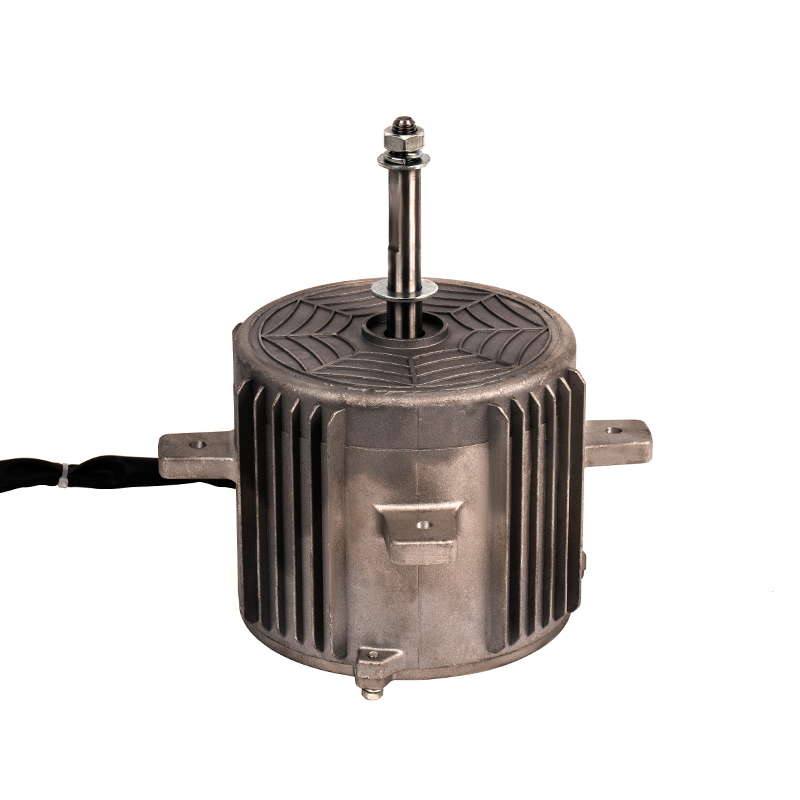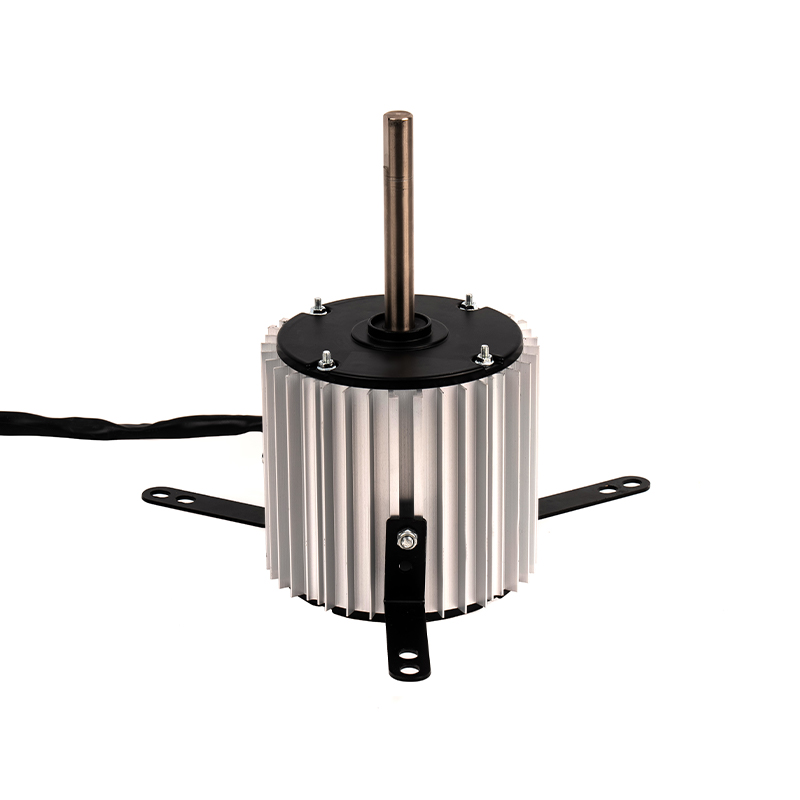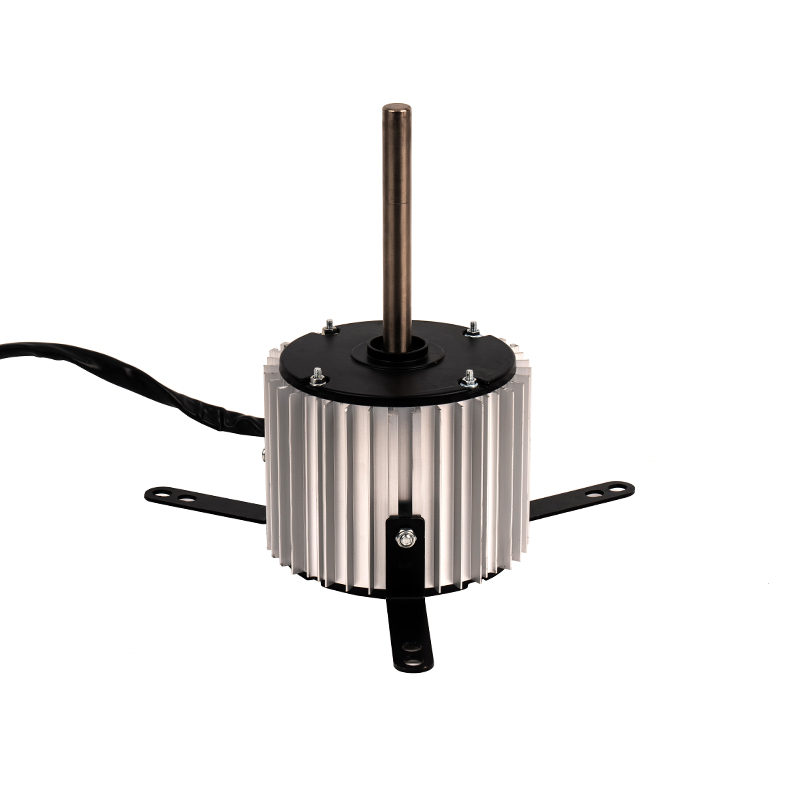Energy Efficiency: DC motors are designed to be highly energy-efficient across varying speeds. Unlike AC motors, which often exhibit reduced efficiency at lower speeds, DC motors maintain high efficiency by adjusting the power input precisely to the required speed. At lower ventilation speeds, the DC motor operates with lower energy consumption while still delivering adequate airflow. This efficiency translates into reduced electricity usage and lower operating costs, making DC motors a favorable choice for energy-conscious consumers.
Airflow Control: DC motors excel in providing fine-tuned airflow control due to their ability to adjust speed with high precision. This precision allows for smoother transitions between different ventilation levels. For example, at a low speed setting, a DC motor can maintain a gentle airflow, suitable for light cooking or ambient air circulation. Conversely, at higher speeds, the motor can ramp up the airflow to effectively capture smoke, steam, and odors. This dynamic control ensures that the range hood operates optimally under various cooking conditions.
Noise Levels: One of the advantages of DC motors is their reduced operational noise compared to AC motors. This is particularly noticeable at lower speeds, where the DC motor can operate with minimal noise, contributing to a quieter kitchen environment. As the speed increases, the noise levels do rise, but generally, DC motors produce less noise than their AC counterparts at equivalent speeds. This quieter operation is beneficial for maintaining a pleasant cooking experience and minimizing disruption in the kitchen.
Performance Consistency: DC motors are engineered to deliver consistent performance across a range of speeds. They utilize advanced electronic control systems to manage speed variations without significant fluctuations in airflow or motor performance. This consistency ensures that the range hood functions reliably whether operating at low or high speeds. Unlike some AC motors, which might exhibit performance instability or less efficient operation at different speeds, DC motors offer a stable and predictable performance.
Heat Management: The design of DC motors contributes to more efficient heat management compared to AC motors. Because DC motors often operate with greater efficiency, they generate less heat during operation, especially at higher speeds. This reduced heat generation helps maintain a cooler kitchen environment and minimizes the thermal load on the range hood’s components. Efficient heat management also reduces the risk of overheating and extends the longevity of the motor and other internal parts.
Fan Speed Adjustment: DC motors are renowned for their precise fan speed adjustments. This capability allows for a range of ventilation settings that can be finely tuned to meet specific cooking needs. For example, a lower speed setting can be used for tasks requiring minimal ventilation, such as simmering or reheating, while higher speeds can be engaged for more intense cooking processes that produce greater amounts of smoke and vapor. The ability to adjust fan speeds with precision enhances the range hood’s versatility and effectiveness.
Durability and Longevity: Operating a DC motor at lower speeds generally places less mechanical stress on its components, which can enhance durability and extend the motor’s operational life. Reduced strain at lower speeds helps in mitigating wear and tear, leading to fewer maintenance issues and a longer service life. This durability is particularly advantageous for users seeking a reliable and long-lasting range hood solution.
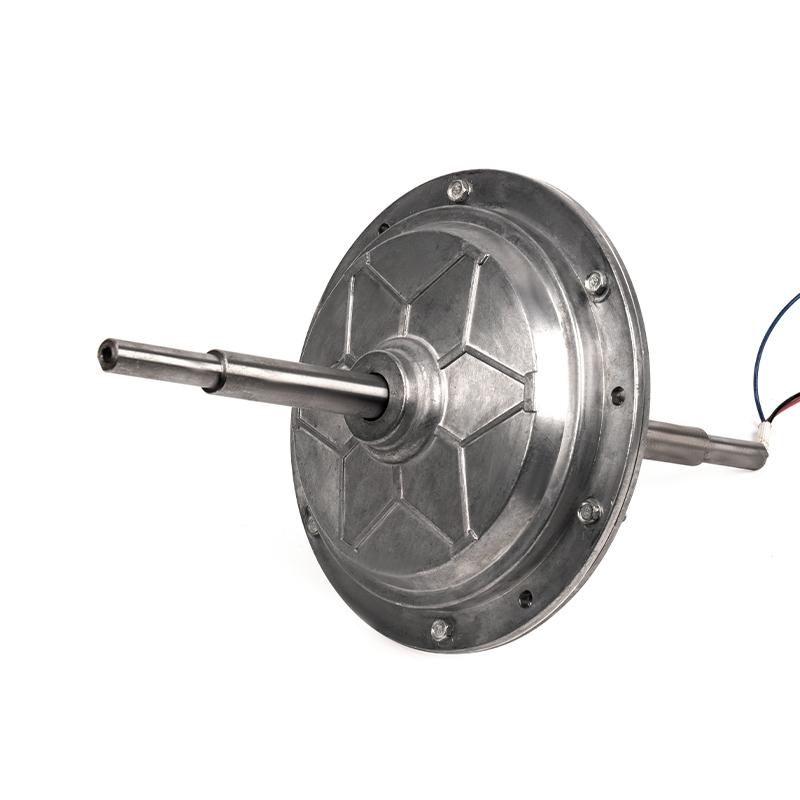



 English
English عربى
عربى ++86 13524608688
++86 13524608688